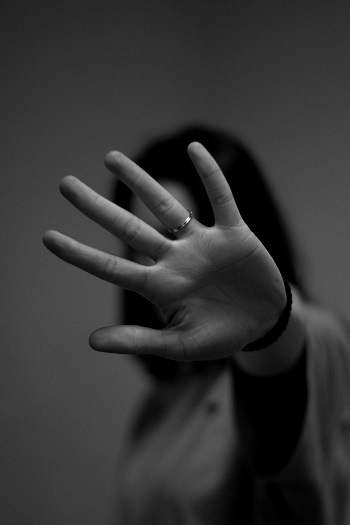
Mommy Blogging Shown to Have Upside and Downside
Mommy blogging started to gain popularity in 2010 and gave mothers a platform to share parenting experiences. By 2014 there was a predicted 4.4 million mommy bloggers, and even more today, who use Instagram, Twitter and Facebook as their platform.
Mommy bloggers originally focused on first-hand storytelling of what worked and didn’t. Heather Armstrong, a popular mommy blogger, and one of the first women to write about parenting online, describes in an interview with the Trauma and Mental Health Report (TMHR) how mommy blogging was once a supportive movement of women embracing the freedom to write for themselves:
“Back in the day mommy blogging was really about community and that’s why I wrote about parenting. I thought that I was going to give up writing when I was pregnant again but, because I had such severe post-partum depression, I found that writing and the feedback people were giving me was saving my life.”
Later, mommy blogging became a profitable job for some mothers, and increasing monetization reduced the quality and credibility of the blogs. Clemmie Harper, a blogger with around 700,000 followers, elicited controversy after starting a false account that was used to insult her friends and husband. Josi Denise, made famous for publicly abandoning her blog, talked about how she was initially excited about mommy blogging, but it soon started to control every aspect of her life. She calls mommy blogging “fake nonsense” stating that people “focus on building a false narrative of what life is.”

Kara Van Cleaf, sociologist and author of the journal article “Of Woman Born to Mommy Blogged: The Journey from the Personal as Political to the Personal as Commodity”, has researched the political and personal implications of mommy blogging. In an interview with the TMHR she stated that turning blogging into a commodity can negatively impact mommy bloggers’ mental health due to “the competitive and never-ending nature of working on and through digital media.”
Additionally, commenters post abusive comments attacking other parents, their parenting style, and the choices they make for their children. This was true for Armstrong, who said that:
“Everything bad that can be said about a person has already been said about me. As well, everyone said that I was exploiting my children on my mommy blog and people would tell me that my children would hate me for what I’ve done.”
This can ultimately lead to negative mental health implications for readers and writers alike. Van Cleaf elaborated:
“I think any online bullying can lead to negative mental health implications and not just on mommy blogs. Simply being a woman online opens you up to attack. I think mommy blogs are unique in that, in US culture at least, people do not want to hear from moms, and we generally have a narrow window on what, culturally, mothers can do/say. Mommy blogs widened this window for many.”

Despite its drawbacks, there are benefits to mommy blogging. Research has identified a positive association between blogging and factors of maternal well-being including marital satisfaction, couple conflict, parenting stress, and depression. Van Cleaf explained:
“I encountered numerous blogs wherein the bloggers would claim that the social connection blogging creates results in a positive net effect for their mental health. Bloggers claim they feel less isolated and more confident in their mothering after writing, publishing, and communicating with their readers.”
Ultimately, Van Cleaf believes:
“I think they can do good. I think the community they create is important for mothers/caregivers. I think it’s useful for mothers to see that they are not alone; that their experiences are shared by others.”
-Jessica Ferrier, Contributing Writer
Image Credits:
Feature: Dakota Corbin at Unsplash, Creative Commons
First: Mattia Ascenzo at Unsplash, Creative Commons
Second: Corinne Kutz at Unsplash, Creative Commons



